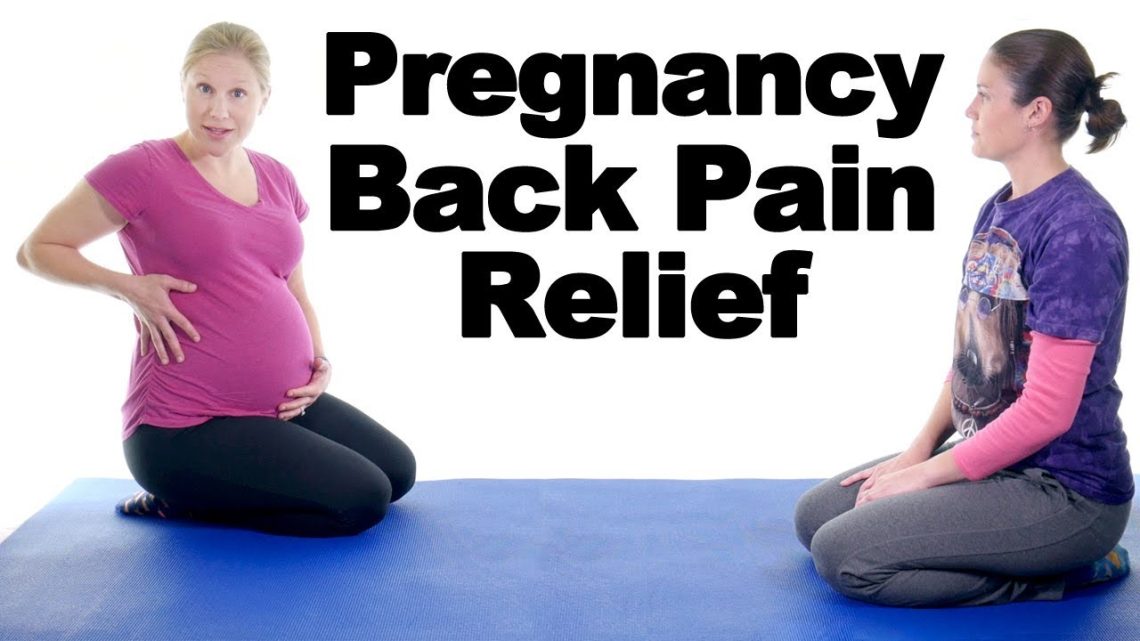Introduction
Back pain is one of the most common complaints during pregnancy, affecting up to 70% of expectant mothers. As the body undergoes dramatic changes to support the growing baby, it also experiences shifts in posture, muscle tension, and joint stress, all of which can contribute to discomfort or pain in the back. While back pain can be frustrating, it is often manageable with simple lifestyle adjustments and safe remedies. Understanding the causes and learning effective relief strategies can help pregnant women maintain comfort and mobility throughout their journey.
Causes by Trimester
Back pain can arise at different stages of pregnancy due to varying physical and hormonal changes:
- First Trimester: Early back pain may be linked to hormonal changes that loosen ligaments and joints in preparation for childbirth. Increased fatigue and stress can also contribute.
- Second Trimester: As the uterus grows, the center of gravity shifts forward, causing the lower back to arch more than usual (lordosis). This shift puts extra pressure on the lumbar spine and muscles.
- Third Trimester: Weight gain peaks, and the baby’s position may put direct pressure on the lower back. Relaxin, the hormone that loosens ligaments, can make the spine less stable and more prone to pain. Additionally, changes in sleep positions and reduced mobility can worsen discomfort.
Safe Pain Relief
Managing back pain safely during pregnancy involves gentle, non-invasive methods:
- Prenatal Massage: Helps relax tense muscles and improve circulation. Always seek a certified prenatal massage therapist.
- Heat Therapy: Warm (not hot) compresses or heating pads applied for short periods can ease muscle stiffness. Avoid excessive heat to protect the baby.
- Prenatal Yoga and Stretching: Gentle stretching improves flexibility and strengthens core muscles, supporting the back. Avoid poses that cause strain.
- Supportive Devices: Pregnancy belts or lumbar supports help redistribute weight and relieve pressure on the lower back.
- Over-the-Counter Pain Relief: Acetaminophen (paracetamol) is generally considered safe, but always consult your doctor before taking any medication.
- Physical Therapy: A prenatal physical therapist can provide personalized exercises and posture correction techniques.
Daily Habits to Help
Incorporating healthy habits into daily routines can reduce back pain and prevent worsening:
- Maintain Good Posture: Stand tall with shoulders back and pelvis tucked slightly under to reduce strain. Avoid slouching.
- Lift Properly: Bend at the knees, not the waist, and avoid heavy lifting. Use your legs to lift objects.
- Wear Supportive Footwear: Avoid high heels and choose shoes with good arch support.
- Sleep Smart: Sleep on your side with a pillow between your knees to align the spine and reduce pressure. A pregnancy pillow can add extra comfort.
- Stay Active: Regular low-impact exercises like walking and swimming keep muscles strong and flexible.
- Take Frequent Breaks: If sitting for long periods, stand and stretch every 30-60 minutes to reduce muscle stiffness.
Conclusion
Back pain during pregnancy is common but manageable with a combination of understanding its causes and adopting safe relief methods. Recognizing how hormonal and physical changes affect the back at different trimesters helps in choosing appropriate treatments. Incorporating gentle exercise, proper posture, supportive devices, and simple daily habits can significantly ease discomfort and improve quality of life during pregnancy. Always consult your healthcare provider before starting new therapies to ensure they are safe for you and your baby. With the right approach, you can minimize back pain and enjoy a more comfortable pregnancy journey.
FAQs:
Why is back pain so common?
Due to hormonal changes, weight gain, and shifting posture during pregnancy.
When does it usually start?
Often begins in the second trimester as the belly grows.
Can a belt help?
Yes, pregnancy belts can support the belly and reduce lower back strain.
Are massages safe?
Yes, prenatal massages by certified therapists are generally safe.
When should I worry?
If you experience severe pain, numbness, fever, or bleeding, contact your doctor.






